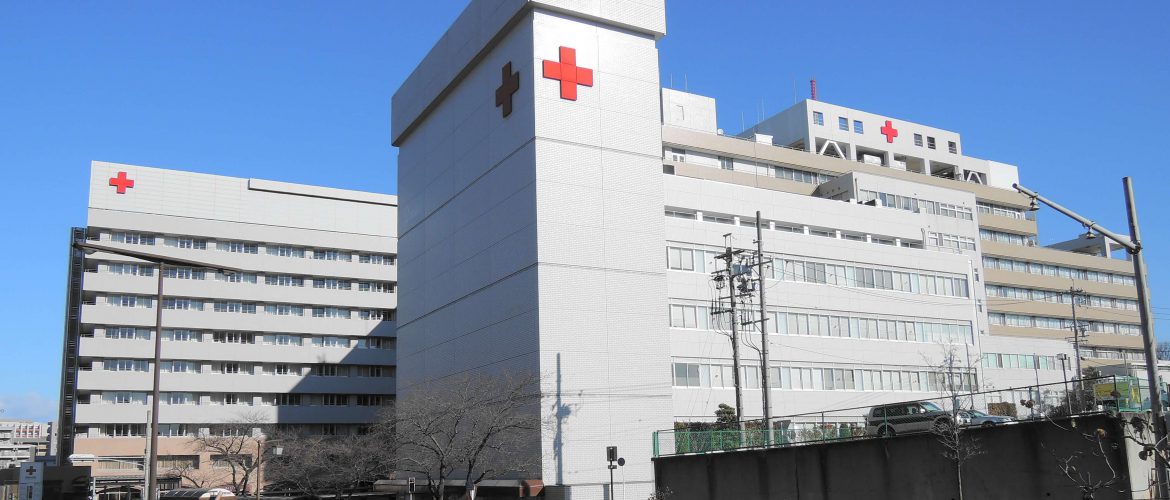Kansas Hospital Cited for Hygiene Issues after the Death of a Colonoscopy Patient
A Kansas hospital drew the attention of Federal and State regulators after an 83-year-old patient died in August from internal bleeding the day after having a colonoscopy. Inspectors in the facility in November determined that the hospital failed to recognize the seriousness of the woman’s condition and did not properly review the incident to determine how it happened and how to prevent it from happening again.
Consequently, the Centers for Medicare & Medicaid Services (CMS) put the hospital’s Medicare certification at risk by giving it an “immediate jeopardy” designation. However, the hospital passed a follow-up inspection and is no longer in danger of a Medicare exclusion from CMS.
Inspectors reported that in the follow-up inspection they found new violations related to poor hygiene and cleanliness that the hospital must address. These infractions involved staff members not wearing gloves, not washing hands, allowing un-washable paper products and a potentially contaminated cell phone in a “sterile processing clean room,” and using unlabeled/undated tubing.
The inspectors wrote the following in their report: “These failed practices had the potential to expose all patients, visitors, and staff to cross contamination and increase the potential to spread infection.”
The hospital submitted a plan to address the deficiencies, and it has been approved.
Compliance Perspective
Failure to practice proper handwashing or wear personal protective equipment (PPE), and failing to follow infection control practice standards potentially exposes patients, visitors, and staff to the spread of infection. This can be considered substandard quality of care and may result in charges of immediate jeopardy and the submission of false claims.
Discussion Points:
- Determine that all staff have demonstrated competency for their specific areas of responsibility.
- Review policies and procedures for the Infection Control Program (e.g., wearing gloves and other PPE, washing hands, and infection control practices related to equipment).
- Train staff on the Infection Control Program’s protocols for wearing gloves, washing hands, using other PPE, and proper disinfection of equipment.
- Periodically audit all equipment, such as tubing in patients’ rooms, to determine that it is labeled, dated, and replaced on a timely basis as required.












































































